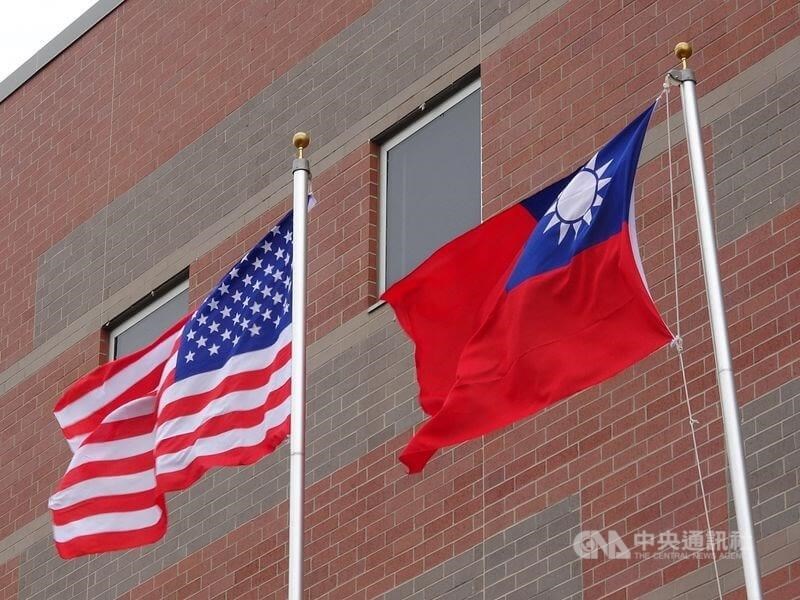Arms co-production should eye less complex targets: U.S. defense nominee

Washington, Nov. 6 (CNA) Joint weapons production by Taiwan and the United States should focus on projects that are relatively less complex and within Taiwan's existing capabilities, according to Alexander Velez-Green, a nominee for a key U.S. Department of Defense post.
Velez-Green, the nominee for deputy under secretary of defense for policy, gave the assessment in his response to policy questions on "security capabilities" suitable for co-production from the Senate Armed Services Committee ahead of a confirmation hearing.
Formal co-production agreements often involve complicated and lengthy negotiations with partners and industries, he said, indicating that Taiwan should focus on projects that can be delivered quickly to bolster deterrence and support a "denial defense."
"Appropriate co-production or similar opportunities should focus on less technically complex capabilities for which Taiwan has existing workforce and production infrastructure," he argued.
On Thursday, Velez-Green told a Senate committee that he has long supported arming Taiwan and ensuring it has the tools necessary to defend itself.
"I think that's vitally important, not just as a matter of fairness, but also, frankly, from an operational perspective. And if confirmed, you have my strong commitment to continue to advocate to that effect, including by providing options up to higher leadership for their consideration," he said.
One option he mentioned was presidential drawdown authority (PDA), but when he was asked whether the fourth PDA for Taiwan under the Trump administration was on hold, Velez-Green said he was unsure of its current status.
Meanwhile, on Taiwan's role in deterring China and the need to expedite arms deliveries, Velez-Green said "with respect to Taiwan and the first island chain, this is a critical terrain when we think about operating from a position of military strength in the Indo Pacific.
"Having forceful deterrence along that geography is vital to ensuring a balance of power that allows us to achieve our ends," he said.
He said the U.S. focus is on the "denial of defense," aimed at convincing China that any attempt at aggression would not only be costly but ultimately fail, making it not worth the risk.
This also involved the role that U.S. allies and partners can play in "this critical region," he said, acknowledging that it would be a problem if the United States could not provide allies or partners with the weapons they need.
In his earlier written responses to the Senate's questions, Velez-Green said, "Taiwan needs to do more and faster, first and foremost by significantly increasing its defense spending and rapidly acquiring the appropriate weapons and systems needed to deter aggression from China."
The U.S. government has repeatedly pushed Taiwan to spend more on its own defense, with some officials calling for spending of up to 10 percent of GDP. President Lai Ching-te (賴清德) has vowed to increase defense spending to over 3 percent of GDP next year.
U.S. members of Congress, however, have also complained that American arms vendors have been slow to deliver weapons ordered by Taiwan, potentially hurting Taiwan's defense and deterrence posture.
-
Culture
Director Tsou Shih-ching challenges gender norms in 'Left-Handed Girl'
02/22/2026 11:04 AM -
Society
Taiwan headline news
02/22/2026 09:43 AM -
Society
Highs of 25-30°C and sun forecast for Taiwan Sunday
02/21/2026 07:22 PM -
Science & Tech
Taiwanese experts see model for 'sovereign AI' development in India
02/21/2026 06:18 PM -
Society
Taiwan seeks to regain ASF-free status with WOAH
02/21/2026 05:29 PM